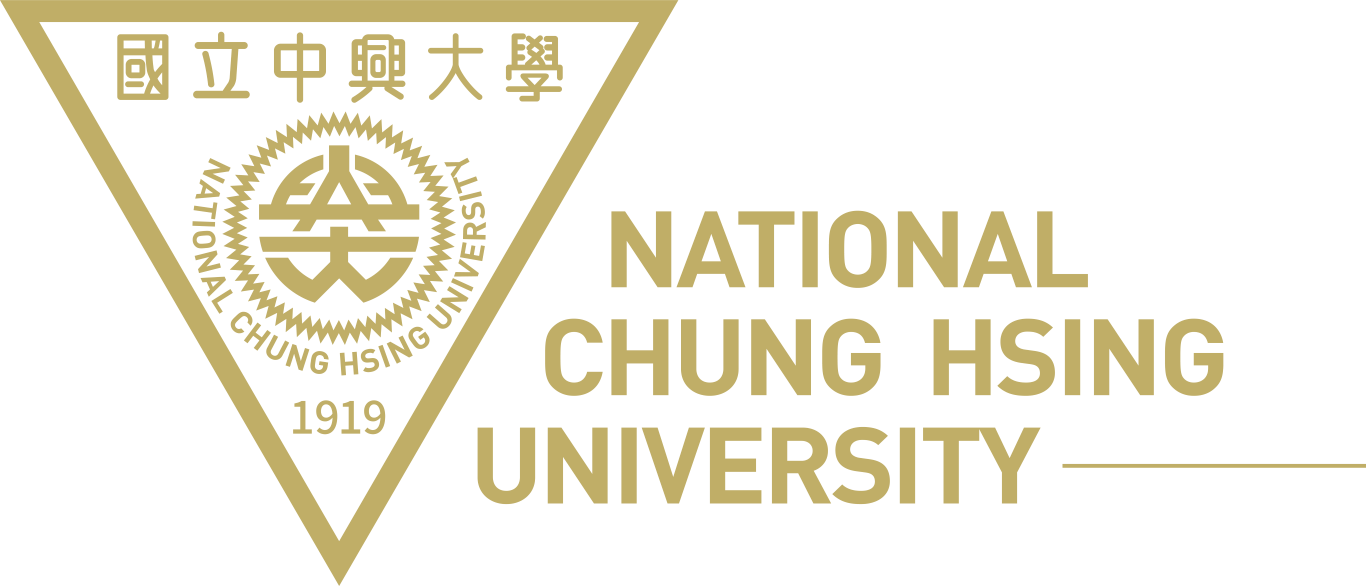1. Review procedures:
1) New faculty appointments require passage by all three levels of faculty evaluation committees, after which the new faculty member may report for duty. Faculty promotions also require passage by all three levels of faculty evaluation committees.
2) Faculty members who do not possess a teaching certificate for their new faculty rank must fill out the necessary teacher qualification information on the Ministry of Education’s Higher Education Teacher Review System.
3) The Personnel Department will help ensure the accuracy of the submitted information and request a teaching certificate from the Ministry of Education.
2. Processing timeline:
1) New faculty members must be reported to the Ministry of Education for review within three months of initial appointment. Appointments of those who are approved will be made retroactively effective from the year and month indicated on their letter of appointment.
2) Promoted faculty members must be reported to the Ministry of Education for review within three months of the start of the semester. Appointments of those who are approved will be made retroactively effective from the start of the same semester.

